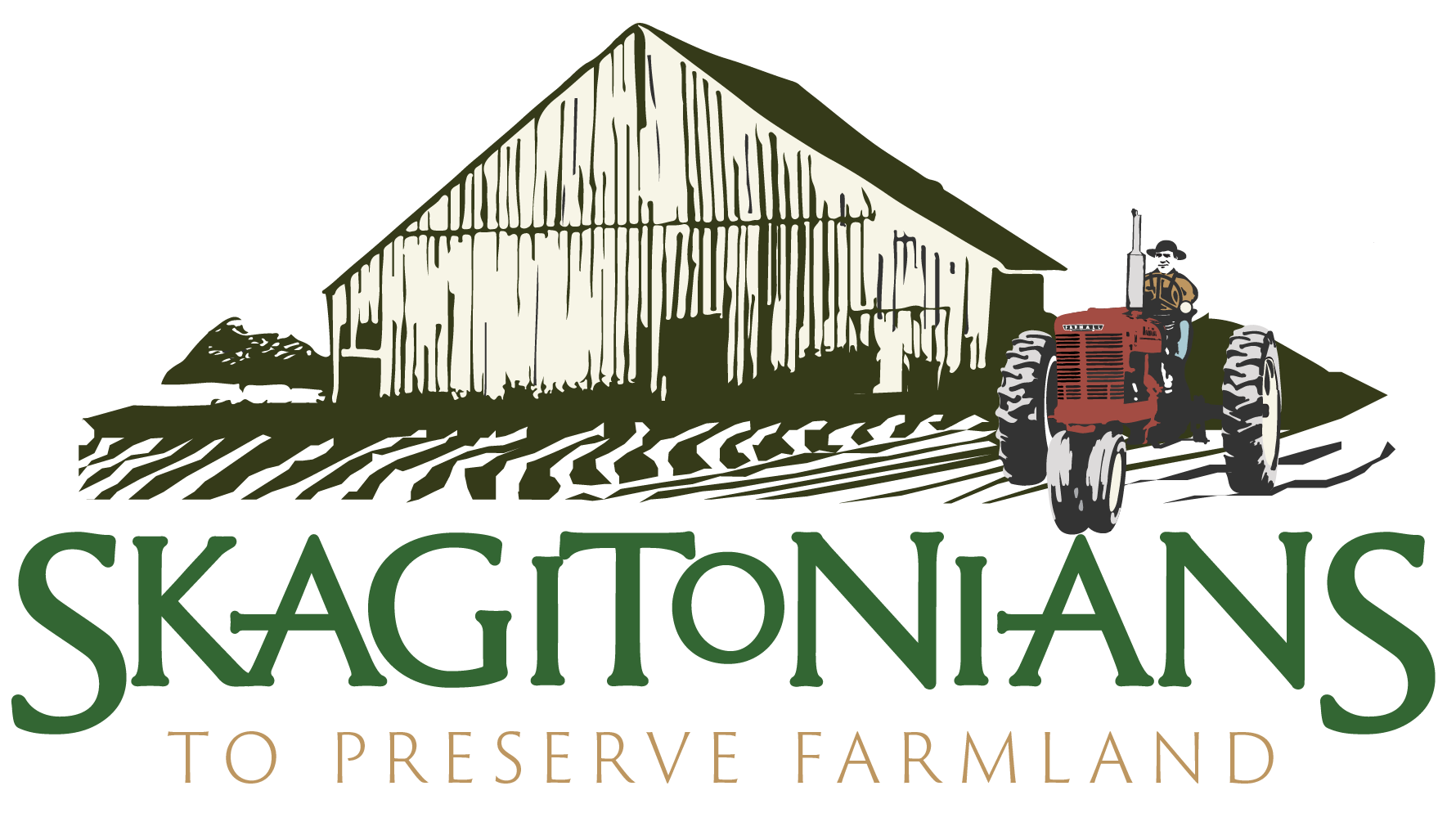The Dirt Issue 9 - To Be A Farmer
Ever wonder what it takes to be a farmer?
After all, it's an uncertain way to make a living. Few other vocations are so dependent on factors that simply cannot be controlled. Weather alone has an impact that can run the gamut from destroying a crop to producing a record-breaking yield. And, that's just for starters.Being a successful farmer requires a remarkably vast and varied skill set, so much so that a farmer is most likely to thrive if he or she is better at doing a whole lot of things relatively well than at doing only one or two things expertly.
What kind of things?
Think of the suffix "-ology" meaning the study of; it's seen everywhere here as farmers must not only have a working knowledge, but a willingness to learn and expand their expertise in vast and varied subject areas: hydrology (how water moves through the land), geology (soil characteristics), meteorology and technology to name just a few. Farmers are scientists, and as scientists, there is always more to learn. New discoveries, new technologies, new best practices-all are in the mix for a successful farmer.
But there's so much more.
Farming is a business and a lot of what a farmer needs to know is classic business management. A farmer must be both detail-oriented and capable of planning for immediate needs and long-term goals, setting priorities and assigning resources where they will do the most good. He or she must exhibit financial skills in budgeting, managing debt, the cost of inputs, and the logistics of not only operating a farm on a daily basis, but getting in the harvest and delivering it to market in a timely manner. It's also a fact of a farmer's life that income is sporadic, to say the least.
Sometimes coming only once or twice a year, income must be handled in a way that keeps the operation (and the family) afloat over many months. A farmer has to either do or oversee extensive record-keeping, not just for regular business accounts and taxes, but to maintain certifications and meet regulations. To cover all the different things that come his or her way, a farmer should be able to turn their hand to marketing, public relations, managing staff, and, on a nearly daily basis, getting down and dirty with some bit of machinery that needs repair or maintenance.And, we haven't even touched on the often grueling physical labor.
It takes a special temperament to make it work.
Certain characteristics seem to be hard-wired into being a successful farmer. Most would tell you it takes gumption, a resilience to roll with the punches and keep at it. It helps if a farmer is naturally frugal, practicing the mantra of, "fix it up, wear it out, make it do, or do without." A farmer knows there will be failures; a successful farmer has the kind of long-term perspective that sees those failures as an opportunity to learn. It isn't a job for wimps. A farmer is passionate about his/her land; no one else knows it as intimately.
They can tell you the entire history of their land; knowing what will grow, how it will grow and exactly what the plan is to make it grow better. A successful farmer is willing to get up and get going, every day. Good thing, too, because farming isn't a job so much as it is a lifestyle. A 24-hours-a-day, 7-days-a-week, on-call commitment that requires a willingness, even an eagerness, to turn your hand/mind/heart to any challenges that come along.
It's all for love.
Farmers also tend to be a bit idealistic, knowingly choosing a calling that may not make them rich, but can deliver a real sense of purpose. It matters whether they show up for work or not. As so aptly noted by Wendell Berry, "Farmers farm for the love of farming." Aren't we all better off that they do?
